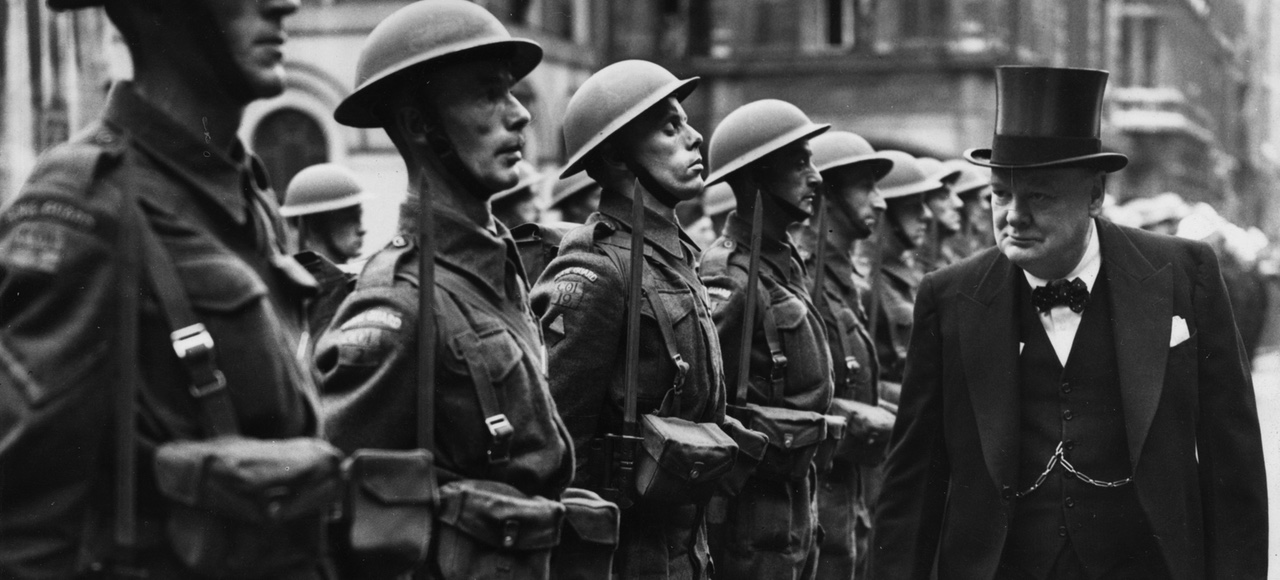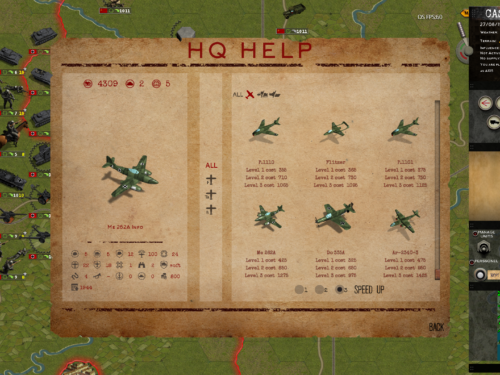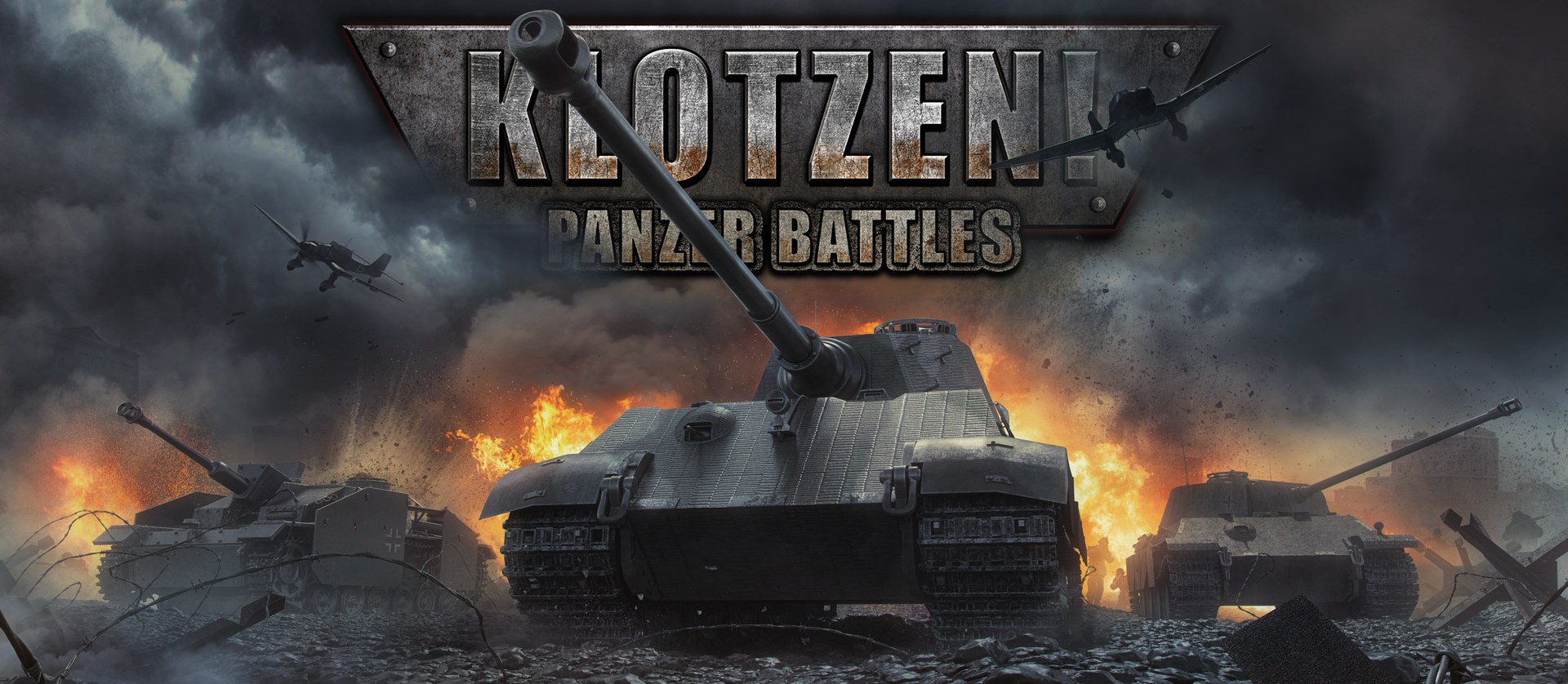Welcome to the new chapter of our History Blog. The previous blog covered Joseph Stalin and the Soviet Union before the start of the WWII, as well as how costly it was for Ukraine and other countries to withstand the collectivization. In the new blog, we take a look at pre-war Britain and Winston Churchill.
Winston Churchill and the United Kingdom
Churchill was born on November 30th, 1874 in Woodstock, England. He was born in a wealthy family and received a good education although he was not a role-model student. In 1893, he enlisted in the Army`s cavalry unit where he slowly built a professional career. As a soldier and officer, Churchill was stationed in various parts of the British Empire, which encompassed a quarter of the world at the end of the 19th century.
Over the years he was stationed in India, Sudan, South Africa and elsewhere. During these missions, he proved to be conscientious and resourceful, thanks to which his political career progressed along with his military one. In 1911, Churchill became the First Lord of the Admiralty (the Minister of the Navy). While he was the head of the most powerful Navy in the world, he advocated for many forms of modernization – such as the full transition to petroleum and the use of aircraft in warfare. Churchill resigned in 1915 when he took responsibility for the disastrous Gallipoli Mission in today`s Turkey. In the interwar period, he engaged in politics, but not significantly. The situation changed with the arrival of Hitler.
During the war, Churchill proved to be primarily a politician and only then a strategist. Primarily he was worried about the global political situation.
Because of his determination, energy, and refusal to surrender when the situation seemed almost hopeless, he gained a reputation and the respect of all the British people. His famous dislike of Hitler led him into an alliance with the regime, which he was equally as critical of that of the Soviet Union. Churchill was insightful enough to leave politics aside until the end of the war, which was one of the most essential predispositions for the successful cooperation between the Western democracies and the Soviet Union. As a member of the Big Three, he actively participated in shaping the world after the war. He died at the ripe old age of 90 in London, on January 24th, 1965.
Industry and Army Development
For centuries, Britain had the reputation of the world’s leading maritime power – and with good reason. The centuries-old tradition of sailing and major investments in the Navy turned this island nation into the world’s leading force in the interwar period. In the First World War, the Entente dominated the sea while only German submarines caused difficulties (as in World War II). However, the United Kingdom was forced to enter an onshore war in France where it suffered great losses.
Huge war loans from the United States pushed the British economy forward in the interwar period. Because of its colonies, as well as its strong industry, Great Britain recovered and continued to develop in the interwar period. Furthermore, before the Second World War, it became the third economy in the world behind the USA and Germany. Britain continued to develop its Navy and Air Force, because the military doctrine of the United Kingdom was, and still is, to develop a equipment and an army that can fight outside the British Isles. Their complete domination at sea had given them confidence that the war would not come to the British Isles. A powerful navy combined with the massive colonial empire enabled the huge inflow of natural resources that were used to further develop their booming industry. The fear of a new war was also present in the UK, so military power was held at a respectful level during the interwar period, although the equipment was far below satisfactory.
Great Britain was not preparing for war. After the stabilization and orientation of the industry to war production, the UK achieved considerable industrial results. It is those results that become the reason for their successful defense during the so-called Battle of Britain.
Because of the submarine blockade and significant war costs in the first years of the war, Britain was once again forced to take large financial loans from the United States which presented a big burden for their economy even after the war ended.
This is it for our Blog today. Tell us what you think about the topic and if you have any suggestions or want to discuss them, you are more than welcomed to do so in the comments below, on our forum, and on Steam Community Hub. Next time, we’ll take a look at Franklin Roosevelt and the US.




Recent Comments